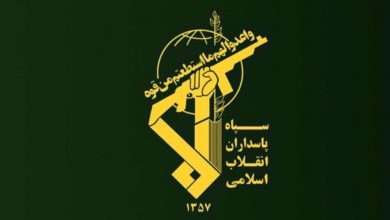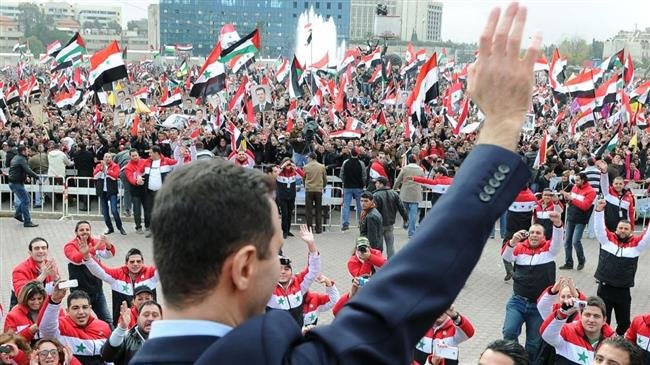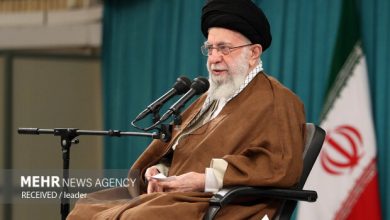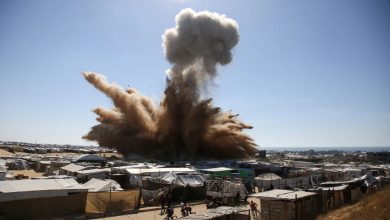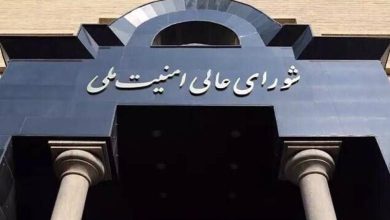Iran, Cuba call for global coalition to support Palestinians amid Israeli genocidal war
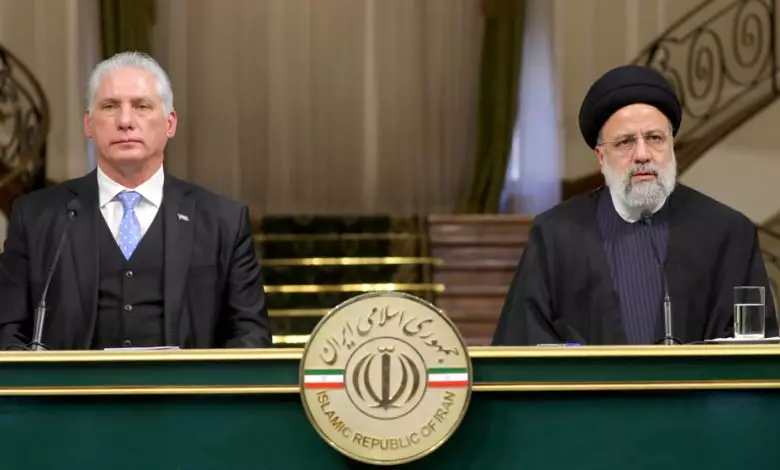
President Ebrahim Raeisi says Iran and Cuba have a common stance on the need to form a coalition to support the oppressed Palestinian people in different continents in cooperation with the allied countries.
Raeisi made the remarks in a meeting with Cuban counterpart Miguel Díaz-Canel, who is in Tehran on a historic visit.
The Iranian president slammed the deafening silence of the international community on the Israeli genocide in Gaza, saying no international organization is trying to stop the Israeli killing machine.
“Regrettably, the United States and the West are supporting these heartbreaking crimes,” Raeisi said, slamming those who claim to defend human rights for backing Israel’s crimes against humanity.
He expressed regret over the inefficiency of the international systems which have failed to stop the “war machine that the US has provided to the Zionist regime.”
“The United Nations, the Security Council, the Arab League and other global bodies have lost their efficiency,” the Iranian president said.
He stressed the need to end the current unfair international system and form a fair global system that supports the oppressed people and prevents oppression.
Raeisi said Iranians and all nations are saddened that the enemies are attacking the Palestinian people, who want to defend their homeland and lives.
“The Zionist regime martyrs the Palestinian people with [acts of] racism, genocide and crime against humanity and massacres women and children,” the Iranian president added.
He noted that since the beginning of the Tel Aviv regime’s large-scale attack on Gaza on October 7, more than 6,000 Palestinian children and over 4,000 women have been killed, reaffirming the Islamic Republic’s support for the Palestinian people.
Israel waged the war on Gaza on October 7 after the Palestinian Hamas resistance group conducted Operation Al-Aqsa Storm against the occupying entity in retaliation for its intensified atrocities against the Palestinian people.
Since the start of the offensive, the Tel Aviv regime has killed at least 15,523 Palestinians, mostly women and children, injured 41,316 others, and left vast swathes of Gaza in ruins.
It has also imposed a “complete siege” on Gaza, cutting off fuel, electricity, food, and water to more than two million Palestinians living there.
Cuba calls for immediate ceasefire, formation of Palestinian state: Díaz-Canel
Díaz-Canel, for his part, said Cuba slams Israel’s killing of thousands of Palestinian people and calls for the immediate establishment of a ceasefire in Gaza which would prepare the ground for the formation of an independent Palestinian state.
He added that Iran and Cuba call for international efforts to condemn Israel’s acts of genocide against the Palestinian people.
The Cuban president lashed out at the US for interfering in Iran’s internal affairs, saying that Havana defends Tehran’s legitimate right to determine its own fate.
Iran, Cuba resisting against arrogant system: Raeisi
Elsewhere in the presser, Raeisi said both Iran and Cuba are resisting the arrogant system, warning the US and its allies of their miscalculation regarding the implementation of the policy of sanctions against the countries.
He added that the resistance of Tehran and Havana against US hegemony and excessive demands has led to the imposition of sanctions.
“The US and arrogant system think that sanctions can force countries to surrender, but this calculation is incorrect,” the Iranian president emphasized.
He said those countries that are under sanctions can exchange capacities in a bid to neutralize them, adding that Iran and Cuba decided to promote relations as a major step towards foiling the sanctions.
Raeisi hailed Iran’s growing cooperation with Cuba, particularly in the fields of science and technology, and noted that the two countries are also determined to expand relations in agriculture, mines and energy sectors.
He described his Cuban counterpart’s visit to Tehran after 21 years as a “turning point” in the improvement of mutual ties.
During a ceremony held at the Sa’adabad historical and cultural complex on Monday morning, Raeisi welcomed Díaz-Canel, who arrived in Tehran Sunday night on the first visit by a Cuban president after former leader, late Fidel Castro, visited Iran 22 years ago.
The Iranian and Cuban presidents started their meeting shortly following the ceremony and are scheduled to attend a joint press conference afterward.
Iran, Cuba sign 7 documents, cooperation agreements
In the presence of the Iranian and Cuban presidents, senior officials of the two countries signed seven documents and agreements on the improvement of bilateral cooperation.
Raeisi and Díaz-Canel also issued a joint statement on strengthening strategic relations between Tehran and Havana.
According to the documents, Iran and Cuba will strengthen cooperation in various sectors of science and technology, health, agriculture, energy and mines, communications and medicine.
The Cuban president, who is heading a high-ranking politico-economic delegation, was welcomed by Iran’s Minister of Health and Medical Education Bahram Einollahi at Tehran’s Mehrabad Airport upon his arrival.
Díaz-Canel will also hold separate meetings with a number of Iranian authorities and tour an exhibition showcasing the latest joint achievements reached in cooperation with Cuba in medical and pharmaceutical fields.
Back in June, the Iranian president traveled to Havana and met with his Cuban counterpart. In the presence of the two presidents, Iran and Cuba signed six agreements to expand bilateral economic, political and judicial cooperation.
